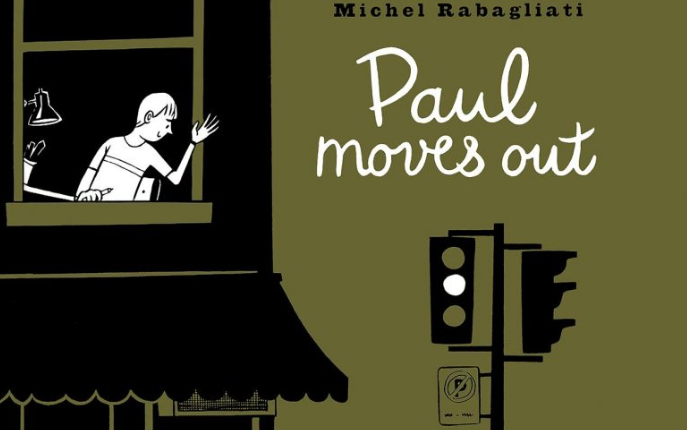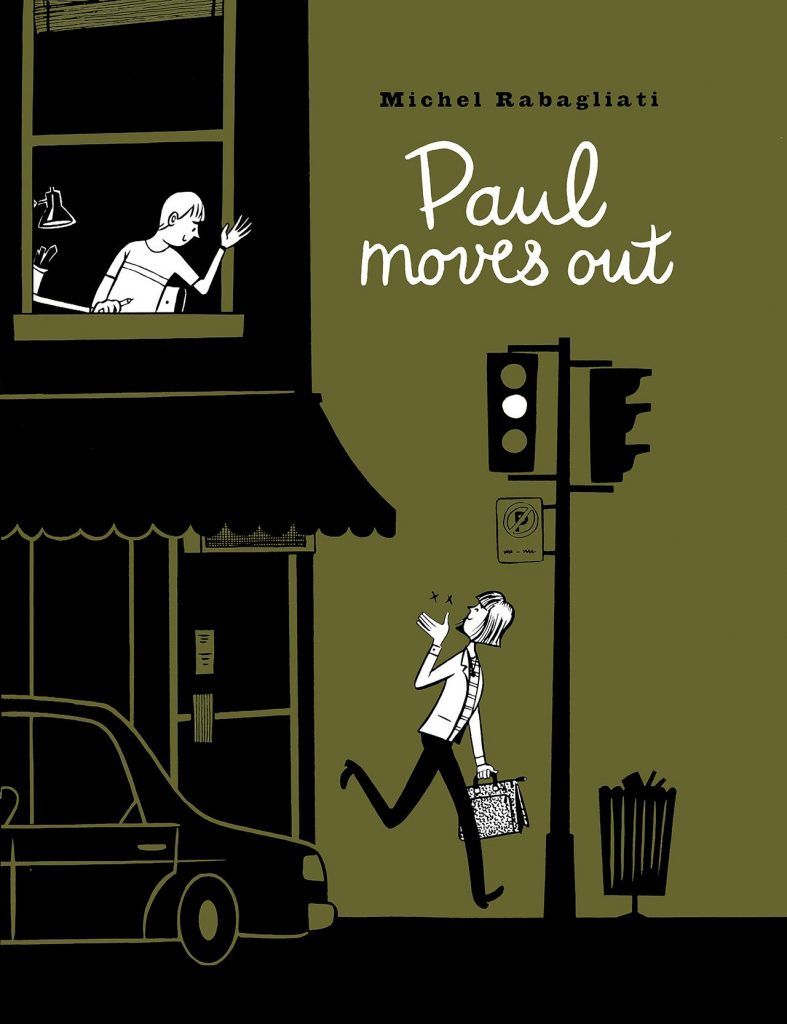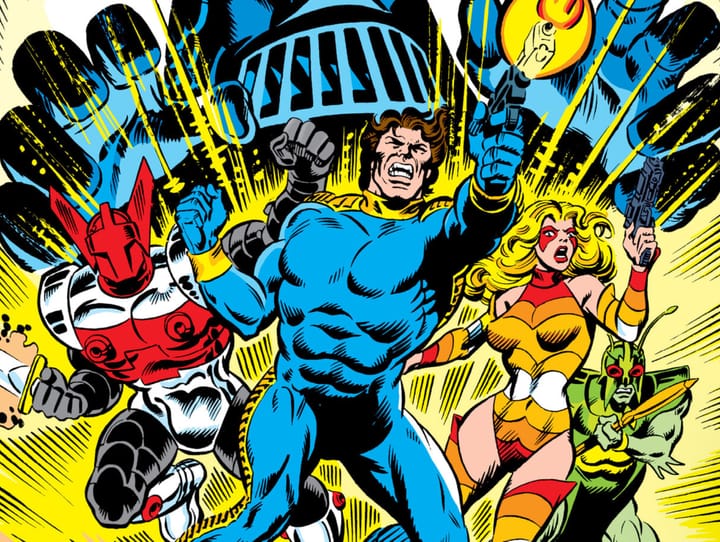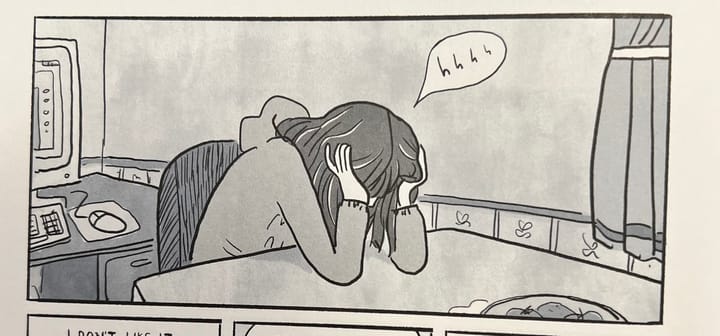From the Archives- Paul Moves Out (2005)
Rabagliati's semi-confessional story is a wonderful slice of life story that you just can't get in any other storytelling format. Rabagliati takes advantage of comic's ability to easily make the reader identify with the characters and pull them in for a most unremarkable story.

Paul Moves Out may be the first Michel Rabagliati book I wrote about, although I had seen his books before that. Rabagliati's lightly-fictionalized autobio comics have been some of the most personal and touching stories that I think I've ever read. If you don't know his work, definitely go out and grab something.
This review ran for one of the first sites that I wrote for– Mediasharx. I think back in those days, I would spend all Friday night hammering out 3 or 4 reviews. I really don't know how I did it. And looking at this, I feel like the perspective is really someone who was writing only about superhero books at the time and was trying to stretch his legs a bit.
This piece has been lightly edited from how it first ran.
Rabagliati's semi-confessional story is a wonderful slice of life story that you just can't get in any other storytelling format.
Paul Moves Out (graphic novel)
Published By: Drawn and Quarterly
Written and Drawn by: Michel Rabagliati
What you should know:
Paul attends art school in Montreal where he meets Lucie, a girl who can reference Krazy Kat, Tin Tin, and Asterix as well as the best of them. Rabagliati's latest graphic novel follows Paul as he meets his new love and moves in with her.
What happened:
Rabagliati's semi-confessional story is a wonderful slice of life story that you just can't get in any other storytelling format. Rabagliati takes advantage of comic's ability to easily make the reader identify with the characters and pull them in for a most unremarkable story. By "unremarkable," I don't mean "boring" or "bad" but "normal" and "everyday."
Paul's story is very normal and well adjusted. Rabagliati's PAUL stories (PAUL IN THE COUNTRY and PAUL HAS A SUMMER JOB being the previous two volumes) have been called "semi-autobiographical." I don't know what parts of PAUL MOVES OUT are real and what parts are embellished but Rabagliati draws a number of incidents and events in Paul's life leading up to Paul and Lucie just sitting on a talk and not having a discussion about having kids. Sound boring? It's not. It's just life and Rabagliati explores events and feelings most of us have at one time or another. We don't all fight evil megalomaniacs every other day but we all eventually move out on our own and fall in love.
The book is divided into a couple of smaller episodes. The first half is Paul meeting Lucie, getting to know her, and falling in love with her. After a trying day in art school, Lucie first notices Paul and compares Paul to Krazy Kat getting beaned in the head with a brick. Finding a girl in his art school who's also a fan of old comics ends up being a dream come true for Paul. From there, Rabagliati shows us Paul and Lucie meeting each other's parents and a trip to New York with an art school teacher, helping show us how Paul and Lucie grow closer. The rest of the book is about the couple in their new apartment learning how to be a couple. From lousy landlords and repairmen to nice neighbors to their first experience babysitting Lucie's nieces, these day-in-the-life slices build life experiences for Paul.
Comics provide a low-key medium for autobiography. It's tough to see PAUL MOVES OUT being the next comic book on the big screen. Even in smaller, independent movies, there's still a dramatic plot and storyline that's necessary for most distributors to see potential profit in the film. This graphic novel doesn't have that type of over-the-top story elements. Instead, it has a nice, quiet, and normal life.






Comments ()